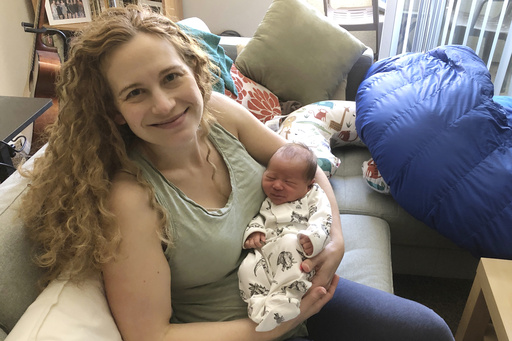Neuroscientist Liz Chrastil conducted a study that provided a unique insight into how a woman’s brain changes during pregnancy. The research, detailed in a new study published in Nature Neuroscience, marks the beginning of a large-scale international project aiming to scan hundreds of women’s brains to gain further understanding, potentially shedding light on conditions like postpartum depression.
The study tracked Chrastil’s brain through 26 scans before, during, and after pregnancy. The findings revealed that over 80% of the brain regions analyzed showed reductions in gray matter volume, approximately 4% on average. This reduction is likened to the fine-tuning of neural circuits in preparation for motherhood, similar to changes observed during puberty.
The research team closely monitored Chrastil, an employee at the University of California, Irvine, from before her pregnancy through two years postpartum, utilizing MRI scans and blood tests to observe brain changes coinciding with fluctuating sex hormones. The study focused on various inner regions of the brain and the cerebral cortex, providing insights into comprehensive brain alterations during and after pregnancy.
By delving into the brain’s metamorphosis throughout pregnancy, the study reveals valuable information about potential changes in social cognition and interactions postpartum, although further research is needed to correlate these brain changes with human behavior. Joseph Lonstein, a neuroscience and psychology professor at Michigan State University not involved in the study, emphasized the significance of understanding whole-brain changes across pregnancy and postpartum periods.
The researchers, supported by the Ann S. Bowers Women’s Brain Health Initiative and the Chan Zuckerberg Initiative, are progressing with the Maternal Brain Project, aiming to leverage data from a diverse group of women to potentially predict conditions like postpartum depression in advance. By emphasizing the importance of studying pregnancy neurobiology, the researchers hope to address historical oversights in women’s health within biomedical sciences.
